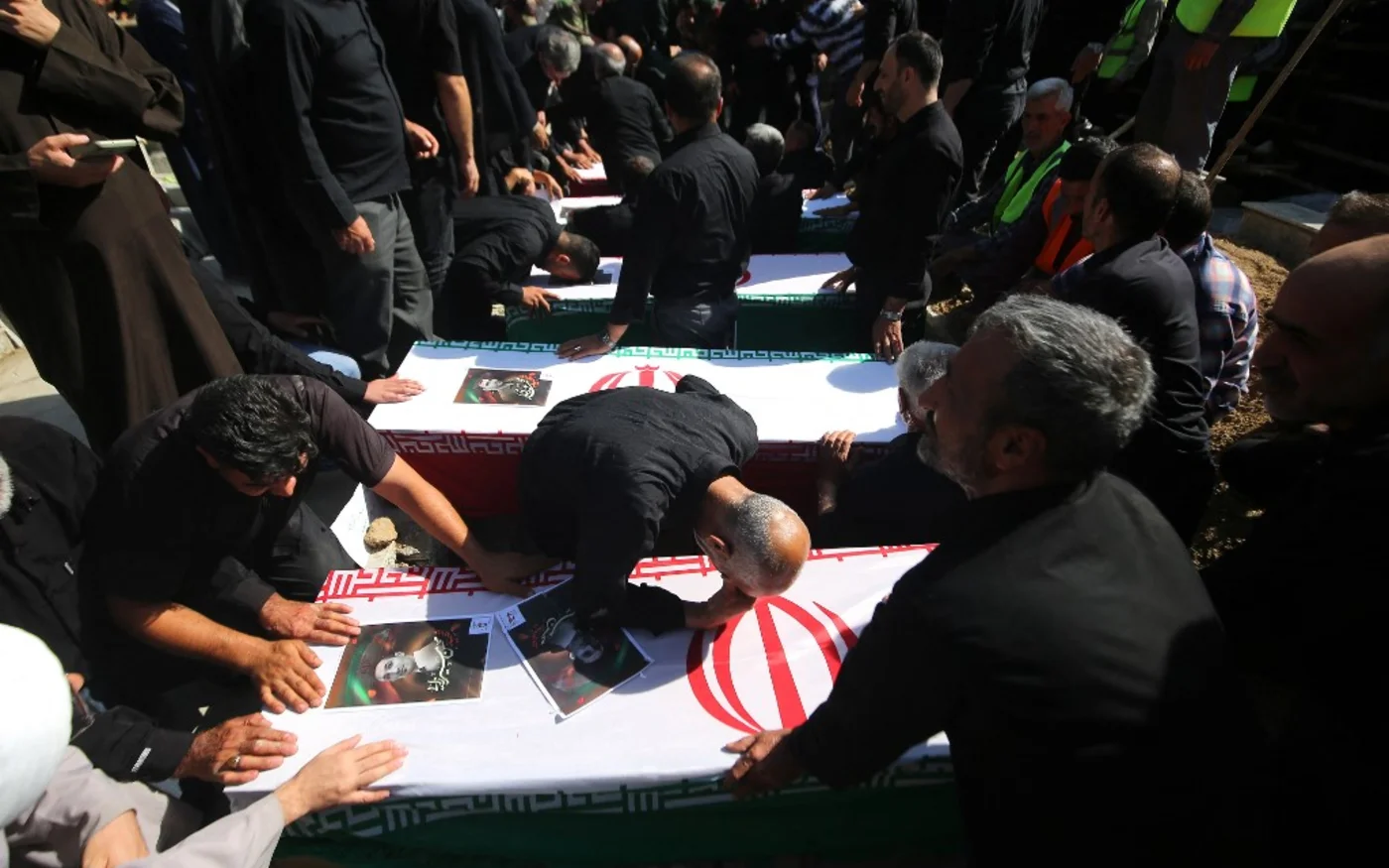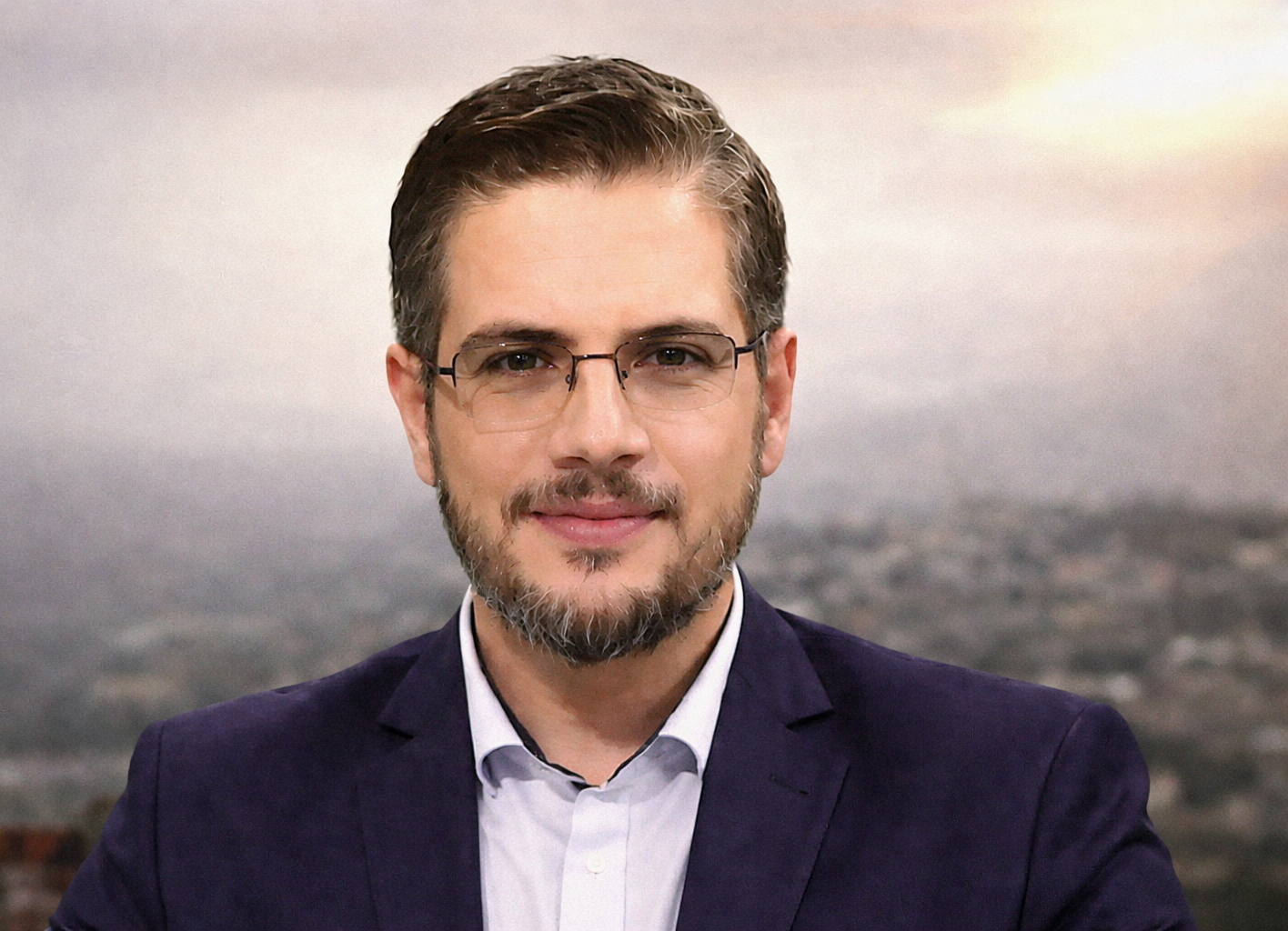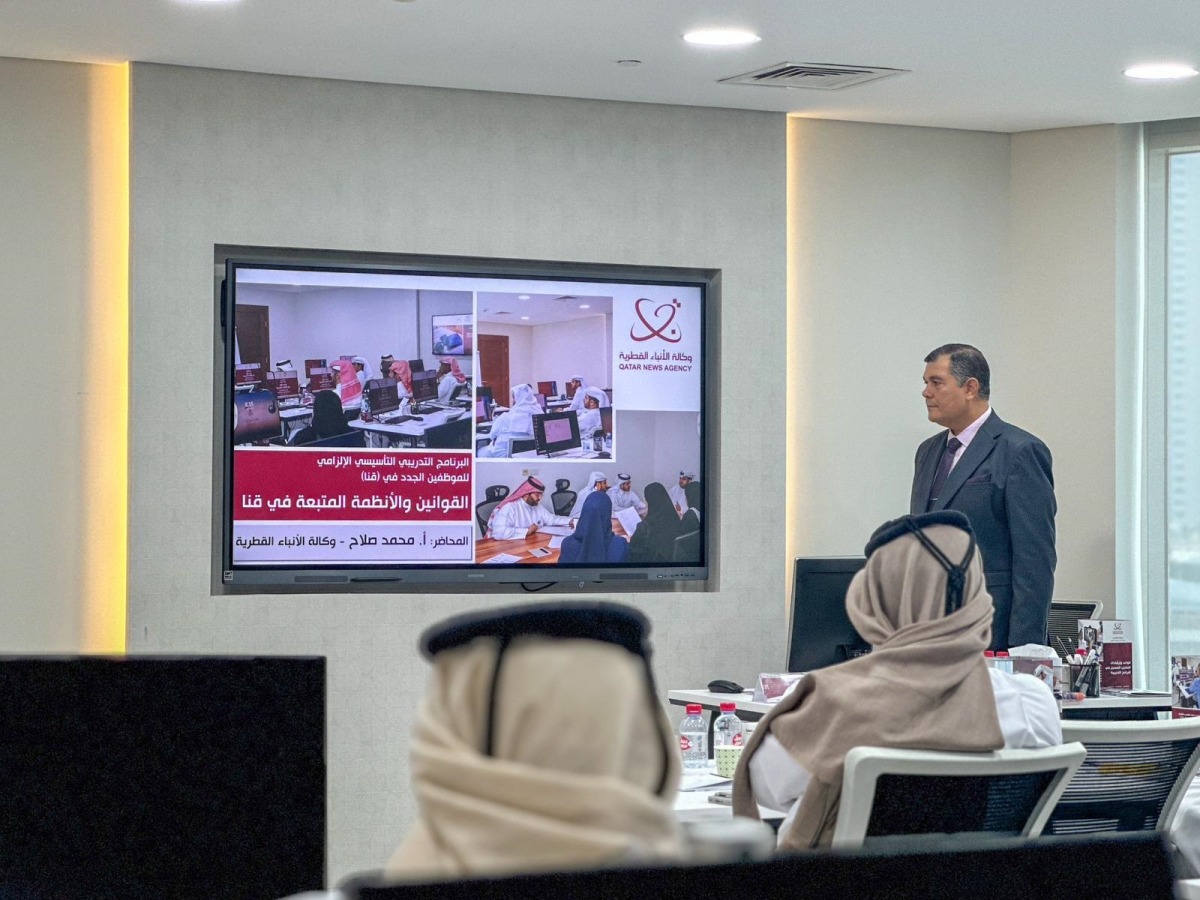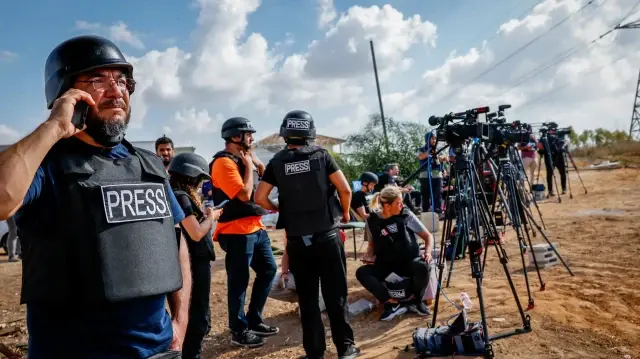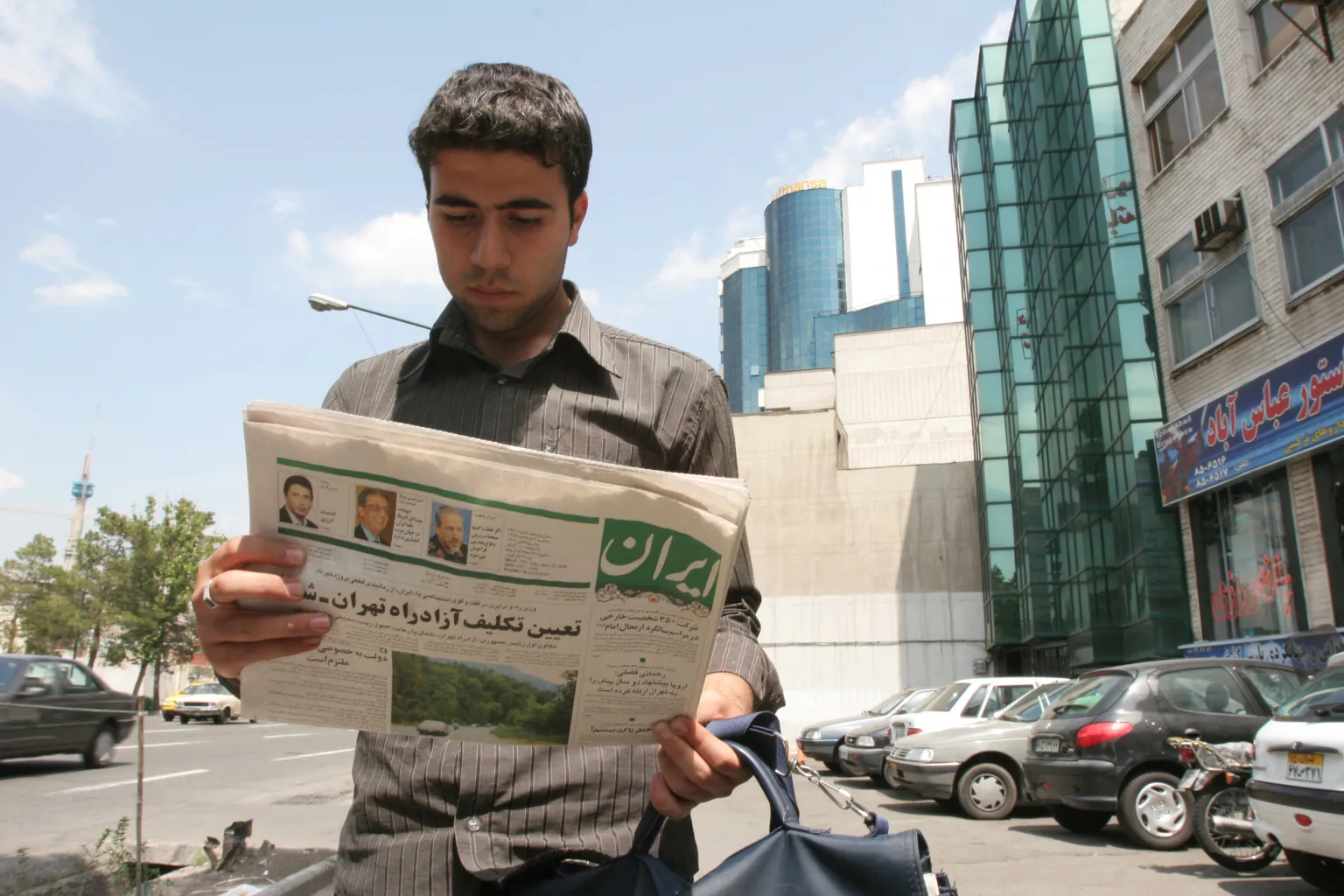
Iranian Journalists Silenced Amid Rising Tensions with Israel
June 17, 2025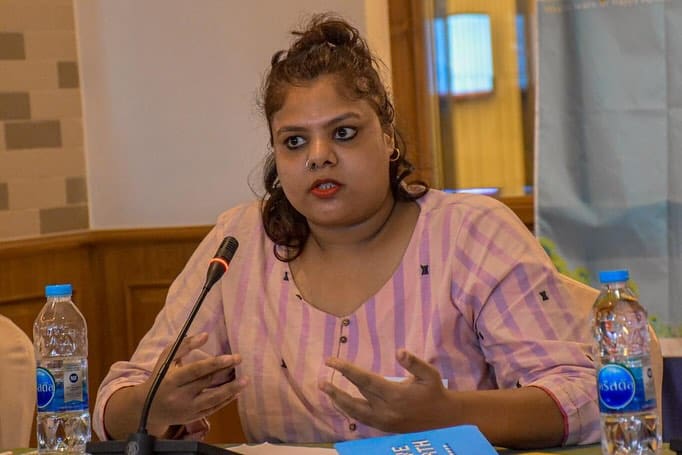
Detained and Ignored: Nikita Jain’s Ordeal in Egypt
June 17, 2025June 17, 2025 – Iran –
The ongoing conflict between Israel and Iran intensified as Israeli airstrikes targeted Iran’s state broadcaster IRIB in Tehran, resulting in the deaths of journalist Nima Rajabpour and staffer Masoumeh Azimi. The strike, which hit during a live broadcast, forced anchor Sahar Emami off-camera when debris filled the studio. The channel briefly switched to pre-recorded programming before relocating its live coverage to a secondary facility.
The Israeli Defense Forces (IDF) issued evacuation warnings before the strike, covering a wide area of central Tehran, displacing up to 330,000 residents. According to Israeli Defense Minister Israel Katz, the attack targeted Iran’s “propaganda and incitement broadcasting authority,” suggesting that the broadcaster was being used as part of Iran’s military communications infrastructure.
Iranian officials strongly condemned the attack, labeling it a “war crime” and accusing Israel of intentionally targeting journalists, who are protected civilians under international law. The strike has drawn international criticism, with organizations like the Committee to Protect Journalists (CPJ) and multiple human rights groups calling for accountability and warning against attacks on media personnel.
This incident is part of a broader military escalation that began with Israel’s Operation Rising Lion, which has focused on dismantling Iran’s nuclear, military, and communication facilities. In response, Iran has launched missile and drone attacks against Israel, resulting in significant casualties on both sides—over 224 Iranians and 24 Israelis have reportedly been killed so far.
The deliberate targeting of a live media broadcast marks a significant shift in the conflict, not only inflicting physical damage but also attempting to undermine Iran’s internal and external messaging capabilities. The psychological impact of such strikes is considerable, as they seek to destabilize Iran’s leadership and its control over public information during wartime.
As global leaders convene to address the crisis, diplomatic efforts are underway to prevent further escalation. The United Nations, G7, and regional powers have called for restraint, warning that continued attacks on civilian infrastructure, especially media organizations, risk deepening the conflict and violating international humanitarian law.
Reference –

